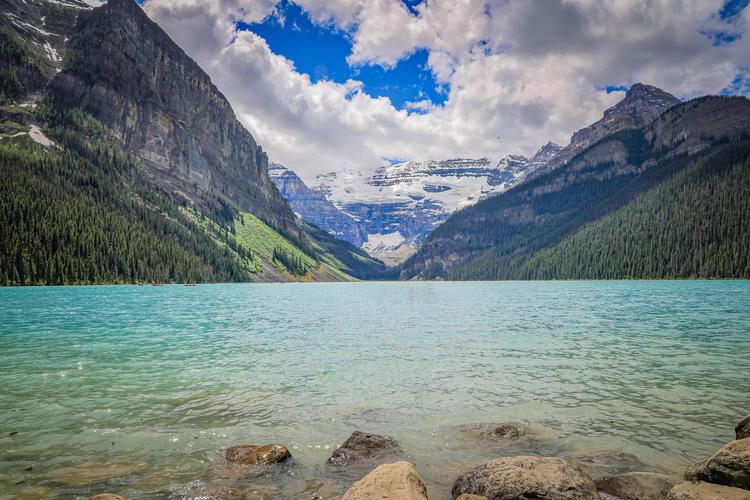Indigenous communities all around the world have been preserving their traditions and knowledge for centuries. Their way of life is deeply rooted in nature and is based on a sustainable relationship with the environment. Their knowledge and practices have been passed down from generations and have been shaped through their experiences, observations, beliefs, and cultural values.
Exploring indigenous traditional knowledge and practices is an opportunity to learn alternative ways of understanding the natural world and to appreciate the diversity of indigenous cultures. Indigenous people have developed unique ways of understanding and interacting with their environment, which has helped them to survive and thrive in challenging conditions.
Indigenous knowledge and practices are based on a holistic approach, where everything is interconnected. The spiritual, social, and ecological aspects of life are all considered in decision-making processes. For instance, the harvesting of resources is done in a way that ensures the sustainability of the ecosystem and the preservation of biodiversity.
One of the most significant contributions of indigenous knowledge and practices is their approach to healing. Indigenous communities have developed complex systems of medicine that are based on natural remedies and are closely linked to their cultural beliefs and practices. These healing practices are not only effective but are also a way to preserve their identity and cultural heritage.
Moreover, indigenous knowledge and practices have contributed to the conservation of several species and ecosystems. They have developed traditional ecological knowledge that has helped them to manage their environment sustainably. For example, the traditional knowledge of the Maasai people has played a significant role in the conservation of wildlife in the East African savannah.
In conclusion, exploring indigenous traditional knowledge and practices is essential for promoting sustainable development, preserving cultural heritage, and learning alternative ways of living in harmony with nature. It is vital to recognize the value of indigenous knowledge and practices and to respect their cultural rights and values. It is a valuable source of information that can help us address the current environmental and social challenges we face today.
(Note: Do you have knowledge or insights to share? Unlock new opportunities and expand your reach by joining our authors team. Click Registration to join us and share your expertise with our readers.)
Speech tips:
Please note that any statements involving politics will not be approved.
